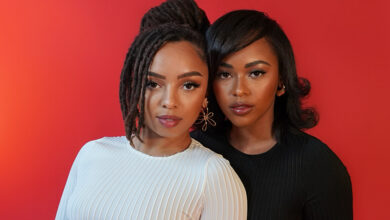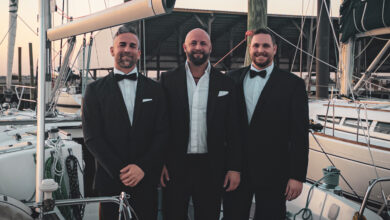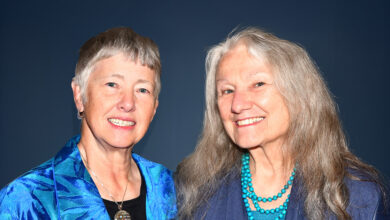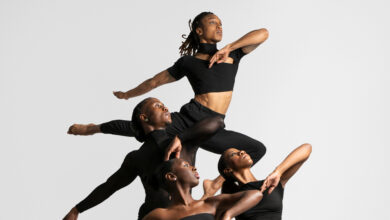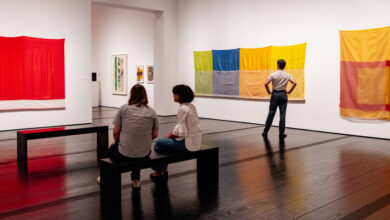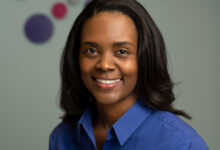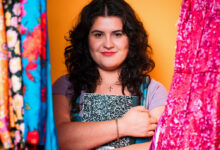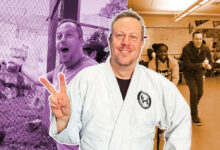
The Least of Us in the Fight for Most of Us
By Ian Haddock
I can remember coming out to my family and receiving some contention about the perils that would follow. It was much more than religious dogma and cultural norms, but a true fear that I was placing too much on an already broken system. As a black gay male there wasn’t much worse you could be. Black gay men are nearly at the bottom of the totem pole, in many ways, in America.
Growing up was hard enough, but it wasn’t until I started my career in community mobilization that things became an authentic experience for me. It was a no brainer living in my corner of the community that I would choose the public health route. Many, many of my friends, boyfriends, and acquaintances had dealt with the unfortunate news that they seroconverted. At some point, it was more of a surprise to hear someone tell me that they were HIV-negative versus living with HIV. As I climbed the ladder in work in this field and thereafter starting my personal work, my circle expanded.
About a year ago, I was faced with the decision to confront my issues with the intersections of my life. More and more the “which comes first” conversation happened. For those who don’t know, this conversation is sensitive to people who live at the intersections of multiple minority communities. It is a question of which community you identify with first. It is what we call “kitchen table” talk and never spoke of in public, but also a very sincere realization for minority communities.
During this learning process, it didn’t make sense to me that anyone would choose gay before black. Black men and women were being hunted by police and thrown in prisons in disproportionate percentages. Also, as a gay male working in public health, I was diagnosing my community with HIV in numbers that had me in awe and anger.
I soon learned that this was bigger than the choice of choosing a side. It was after the Pulse Orlando mass shooting when things started to change for me.
I still remember the exact moment I found out about the shooting in Orlando. I was in Memphis, Tennessee, participating and speaking at the Saving Ourselves Symposium. I was supposed to go to the club the night before to celebrate all of the magic that had been created by the participants in this event, but I was too exhausted from the day before. Scrolling down Facebook looking at all the pictures of my friends partying on a Saturday night, I read the headline that would change my perspective forever. At 7:12 a.m., I scrolled past and clicked on “Multiple people shot in gay club mass shooting.” This shooting ended up wrecking many lives and left my whole community in fear. At the end of the day, it could have been anywhere—and that was the scary part.
While sitting in the airport, it got worse. The very black community I was a part of first, turned on me. I viewed people’s videos and posts saying how this was punishment for our sins and expressing absolute hate for club-goers who were out trying to have a good time based on their sexuality. It was as if black people had completely forgotten that the leaders and creators of the #BLACKLIVESMATTER movement were LGBT. It was as if they had forgotten, more importantly, that we were all people and moreover, their neighbors, family, and friends.
This made things real for me. There is no side to choose. There is just the fullness of who we are as people and we should require and aspire to love without condition.
Because even as the black community dealt with death after death because of police brutality, I saw very few LGBT people speaking out about this real issue for African Americans. One would say we respond how they responded to us, except I can’t overlook the fact that there was a mass shooting at an LGBT nightclub or a man getting killed live on Facebook. Why? Because I belong to both communities.
This is a call to action. Let’s stop leaving the least of us out in the fight for most of us.
I know it can be difficult to have conversations that include race and sexuality. I know it can be hard to reach out to people from different races and try to be inclusive when making decisions for everyone. But it is necessary. During LGBT History Month, I challenge us to move forward to change history in ways the general population hasn’t been able to. Unconditional love is a hard concept to reach, but I believe the people who can show that it is possible are the ones who have been ostracized because of who they love; that very reason is the way I know we can love harder and try more intensely for inclusion. After all, in union there is strength.
Ian Haddock, originally from La Marque, has lived in Houston most of his adult life. He is a blogger and writer. He is also the president of the Delta Chapter of Gamma Mu Phi Fraternity, Inc., a same-gender-loving male community service and social organization.


